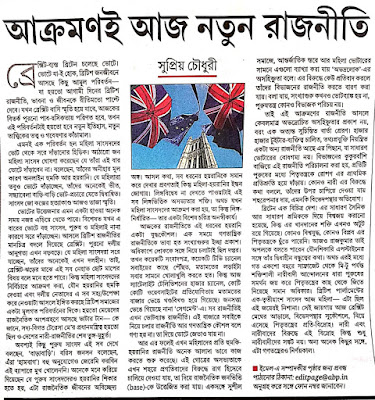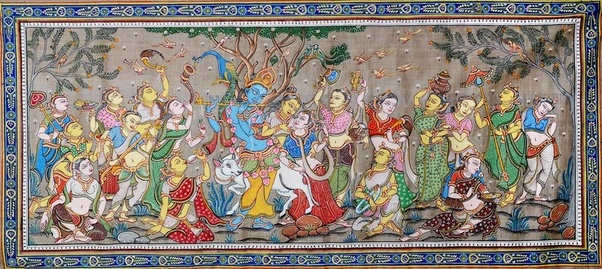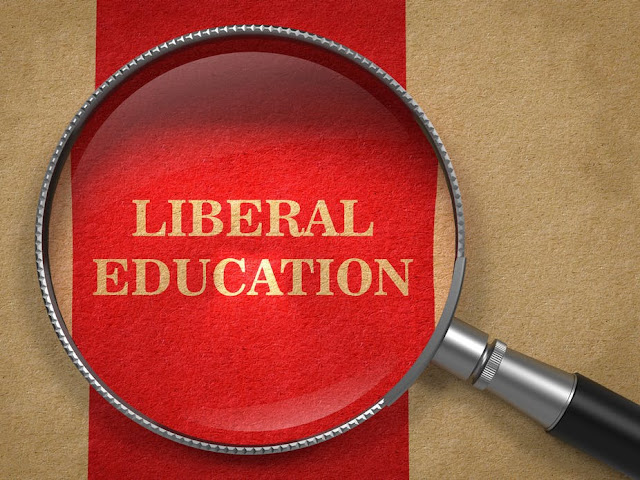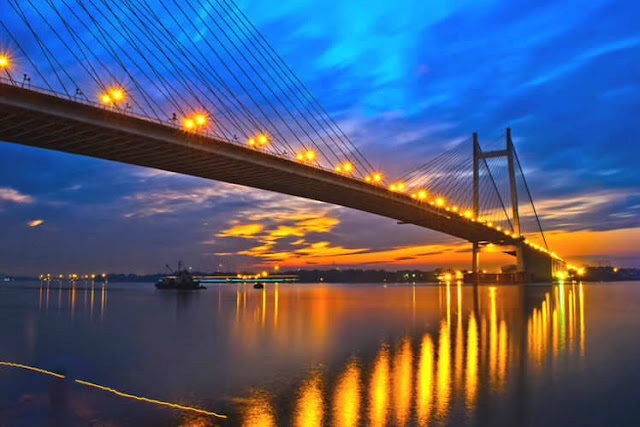Online Higher Education and Cultural Invasion

Once upon a time, I was a believer. I believed that the wonderful possibility of online higher education will make available affordable, high quality higher education for the aspiring middle-class students everywhere. Of all the vistas opened up by the Internet, this was the most transformative. This would have made a truly flat world; this would have resulted in a convergence of values and ideas, desires and languages. That was then, the late nineties. Before the dot-com bust, before 9/11, before Facebook conquered the world. Most importantly, before I did a day's work for the online universities and met the first students who enrolled in them. Before the wonderful rhetoric met the real world and billions of dollars of venture capital was poured into online universities! And, before various failed schemes to improve higher education in the 'third world' came full-circle. In between, I was in the frontline. I have this odd enthusiasm about what I do. Though I





